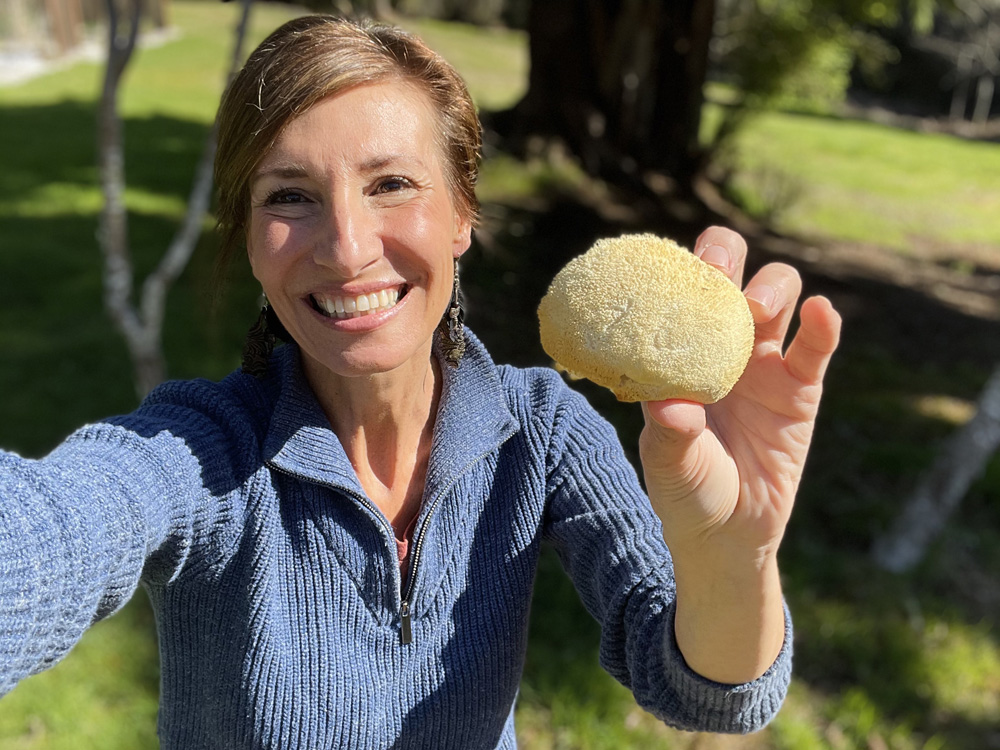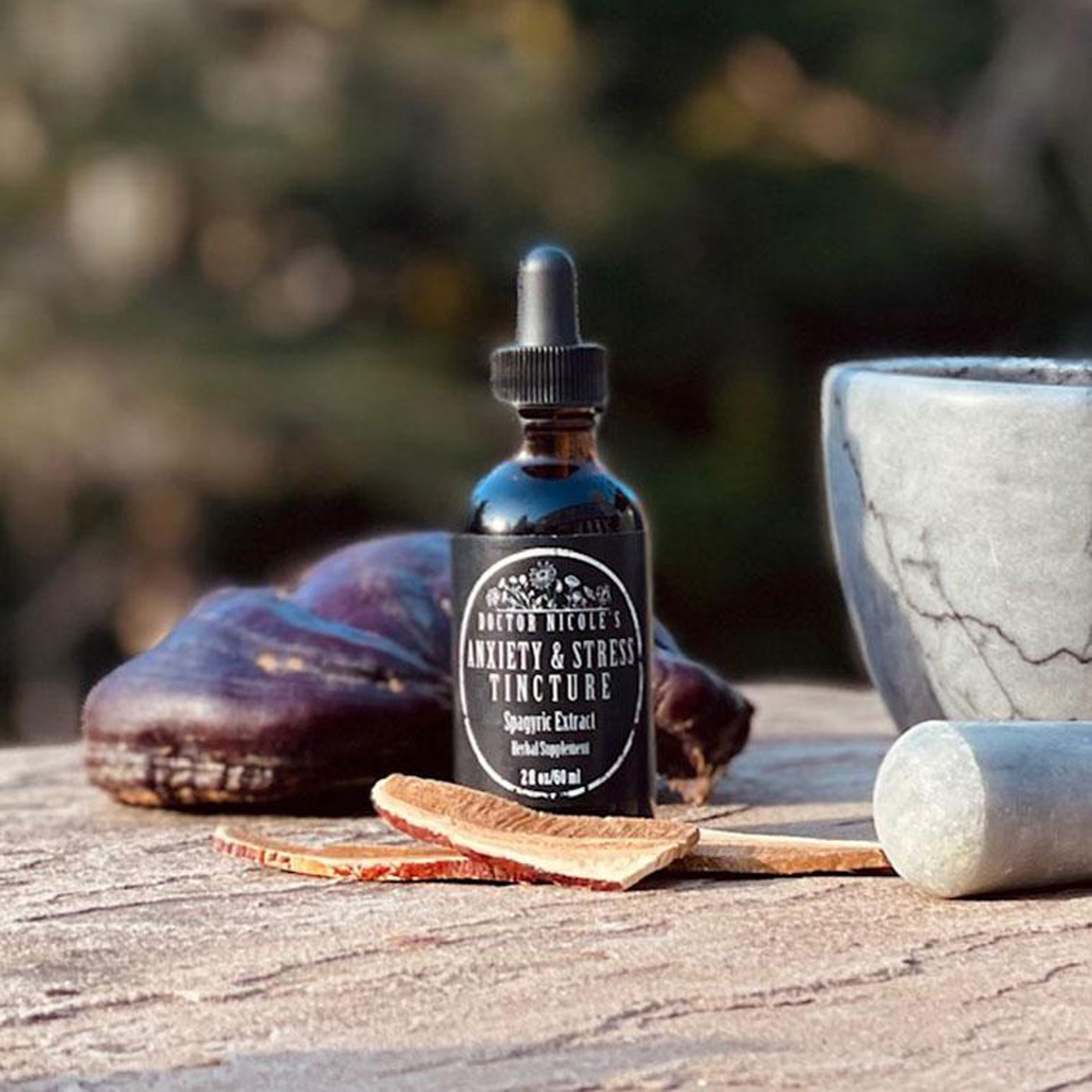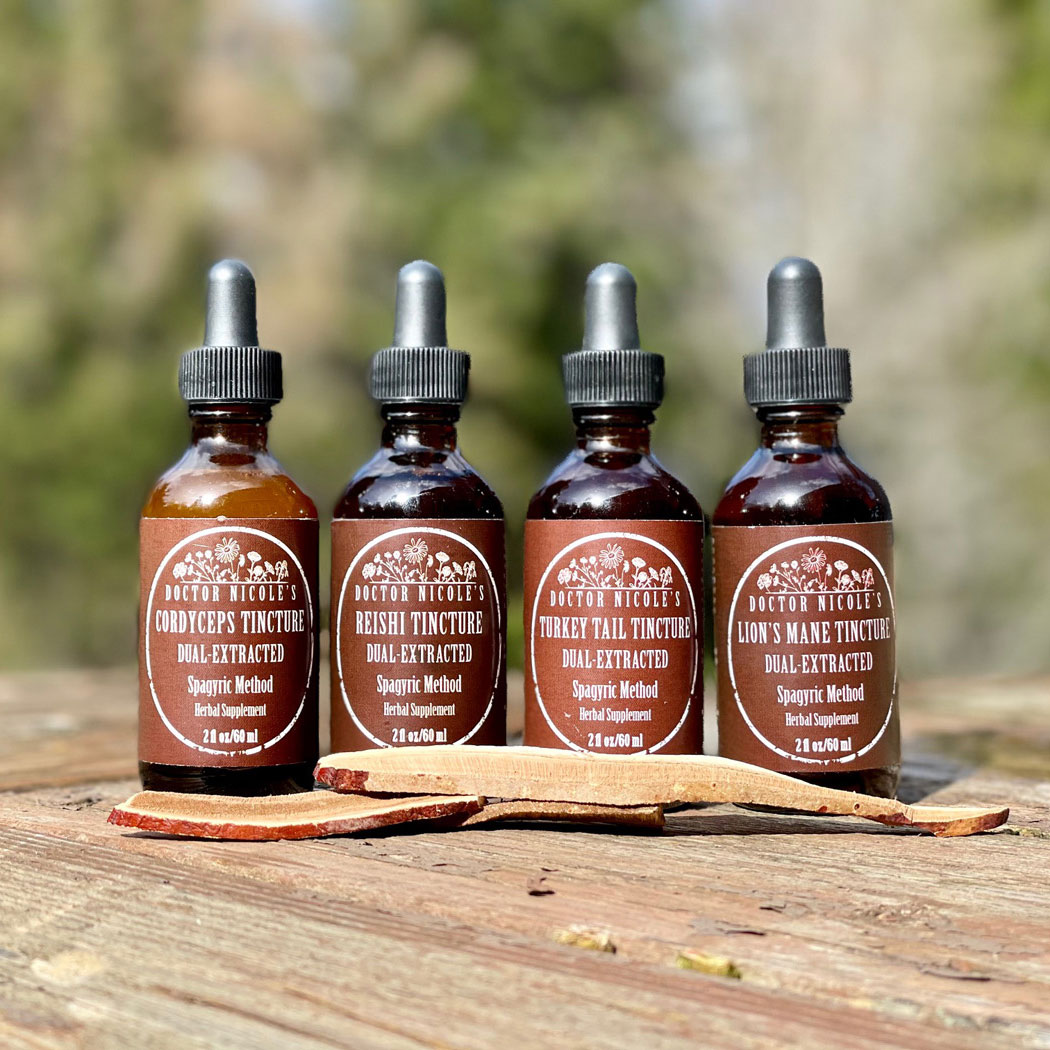Slowing the Progression
A rare genetic neurodegenerative disorder, Huntington’s disease (HD) affects approximately 30,000 Americans. If you have a parent with the disorder, there is a 50/50 chance of developing it yourself. This is why the condition may be significantly underreported as many with a family history of Huntington’s do not test for it out of fear of a positive result. HD is a progressive disease lasting 10-25 years and severely impacts your ability to think, move, remember, and function normally in life. It often causes dramatic personality changes as well. While there isn’t a cure for the disease, recent research offers a ray of hope in slowing the progression.
Common Symptoms
Generally, there are three stages of progression. These include:
Initial Stage
Losing balance
Trouble swallowing
Involuntary movements
Lack of coordination
As the disease progresses, the following symptoms arise:
Depression
Anxiety
Mood disorders
Irritability
Difficulty reasoning
Cognitive impairment
Second Stage
Shaking
Speech impacts
Progressive loss of motor control
Difficulty performing day-to-day tasks
Third Stage
Struggling to eat and walk
Rapid weight loss
Increased risk of falling
Disrupted sleep
Further deterioration of motor control
Lack of independence
Lifestyle Interventions
Several factors can significantly slow the progression and severity of Huntington’s — including diet, reducing stress, and staying physically active.

Anti-inflammatory diet. Since inflammation and oxidative stress can worsen the symptoms of neurodegenerative disorders such as HD, consuming a nutrient-dense, anti-inflammatory diet is crucial. The green mediterranean is an outstanding option. Eliminating refined sugar and oils, processed foods, and artificial flavors and colors is also important. Opting for healthy fats such as extra-virgin olive and coconut oils, beef tallow, and ghee instead of seed oils can help cool inflammation as well. See this post for additional tips for calming inflammation.
Interestingly, a new study published in the journal BMC Complementary Medical Therapy found that quinic acid protects against the development of Huntington’s disease and dementia using animal models.2 The researchers believe this is due to the “antioxidant effects through the activation of SKN-1/Nrf2 pathway” and by “decreasing the formation of polyQ150, polyQ35 and polyQ40 aggregates.” While the team was using an extract of the compound for the study, quinic acid can be found naturally in coffee, peaches, black plums, sweet and tart cherries, apples (with peel), pears, strawberries, grapes, and citrus fruits.
Stress reduction. An additional method for reducing inflammation is to manage stress. When we are under stress, it causes the release of cortisol, which in turn causes a cascade of inflammation. Breathwork, singing, listening to birdsong, meditation, gentle stretching, craniosacral therapy, and spending time in nature are my favorite methods for calming the stress response. I also use our Anxiety & Stress Blend when I need an extra layer of support.
Exercise. While most recognize that staying physically active is a major aspect of keeping healthy, it is especially important for those with HD. How so? Because those with the disease who keep physically fit maintain control of their movements longer than patients with sedentary lifestyles. It also helps to reduce stress and the symptoms of the disease.
Physical therapist Christy Ross, PT, DPT points out that, “If you know you might be at risk for Huntington’s disease, you want to start exercising as soon as possible. If you’ve already started developing symptoms, we may be able to actually maintain and maximize your functional abilities as much as possible.”3
A combination of aerobic and strength training is best to boost stamina, strength, balance, and flexibility. Ross also notes that “Aerobic exercise helps protect your brain and may slow the progression of nerve deterioration in Huntington’s disease.”
Natural Remedies for Managing Huntington’s Disease
Since inflammation and oxidative stress are significant aspects of Huntington’s disease, our Mushroom FOURtress Bundle is an excellent complement to lifestyle interventions for slowing the progression and reducing symptoms. This bundle contains the following concentrated medicinal mushroom extracts:
Cordyceps mushroom for improving cognitive and brain health, reducing oxidative damage to cells, and calming chronic inflammation4,5; Lion’s Mane to boost cognitive function, calm inflammation, reduce symptoms of Alzheimer’s, Dementia, and Parkinson’s, and repair damaged nerve cells while stimulating the new growth of brain cells6,7,8; Reishi for brain fog, fatigue, inflammation, and protecting against the negative effects of stress; and Turkey Tail to address chronic fatigue, inflammation, and oxidative stress.
IMPROVED QUALITY OF LIFE
“My 76 year old cousin in my care has Parkinson’s and these have alleviated his symptoms and definitely improved his quality of life…” -R.W.
Together, these potent medicinal mushrooms offer comprehensive support for alleviating Huntington’s disease symptoms, calming inflammation, and enhancing overall neurological resilience. Stop by my apothecary today to learn more about our Mushroom FOURtress Bundle and many other helpful herbal remedies for a wide range of health conditions.
Nicole Apelian
Nicole’s Apothecary Products in this Post
References
- Barnham, K., Masters, C. & Bush, A. Neurodegenerative diseases and oxidative stress. Nat Rev Drug Discov 3, 205–214 (2004). https://doi.org/10.1038/nrd1330
- El Din, R. H., & Thabit, S. (2024). Quinic acid protects against the development of Huntington’s disease in Caenorhabditis elegans model. BMC complementary medicine and therapies, 24(1), 377. https://doi.org/10.1186/s12906-024-04670-4
- Best Exercises for Huntington’s Disease, Cleveland Clinic | health essentials, January 28, 2022. https://health.clevelandclinic.org/best-exercises-for-huntingtons-disease
- Ji, D. B., Ye, J., Li, C. L., Wang, Y. H., Zhao, J., & Cai, S. Q. (2009). Antiaging effect of Cordyceps sinensis extract. Phytotherapy research : PTR, 23(1), 116–122. https://doi.org/10.1002/ptr.2576
- Li, X. T., Li, H. C., Li, C. B., Dou, D. Q., & Gao, M. B. (2010). Protective effects on mitochondria and anti-aging activity of polysaccharides from cultivated fruiting bodies of Cordyceps militaris. The American journal of Chinese medicine, 38(6), 1093–1106. https://doi.org/10.1142/S0192415X10008494
- Mori, K., Obara, Y., Moriya, T., Inatomi, S., & Nakahata, N. (2011). Effects of Hericium erinaceus on amyloid β(25-35) peptide-induced learning and memory deficits in mice. Biomedical research (Tokyo, Japan), 32(1), 67–72. https://doi.org/10.2220/biomedres.32.67
- Tsai-Teng, T., Chin-Chu, C., Li-Ya, L., Wan-Ping, C., Chung-Kuang, L., Chien-Chang, S., Chi-Ying, H. F., Chien-Chih, C., & Shiao, Y. J. (2016). Erinacine A-enriched Hericium erinaceus mycelium ameliorates Alzheimer’s disease-related pathologies in APPswe/PS1dE9 transgenic mice. Journal of biomedical science, 23(1), 49. https://doi.org/10.1186/s12929-016-0266-z
- Zhang J, An S, Hu W, Teng M, Wang X, Qu Y, Liu Y, Yuan Y, Wang D. The Neuroprotective Properties of Hericium erinaceus in Glutamate-Damaged Differentiated PC12 Cells and an Alzheimer’s Disease Mouse Model. Int J Mol Sci. 2016 Nov 1;17(11):1810. doi: 10.3390/ijms17111810. PMID: 27809277; PMCID: PMC5133811.







